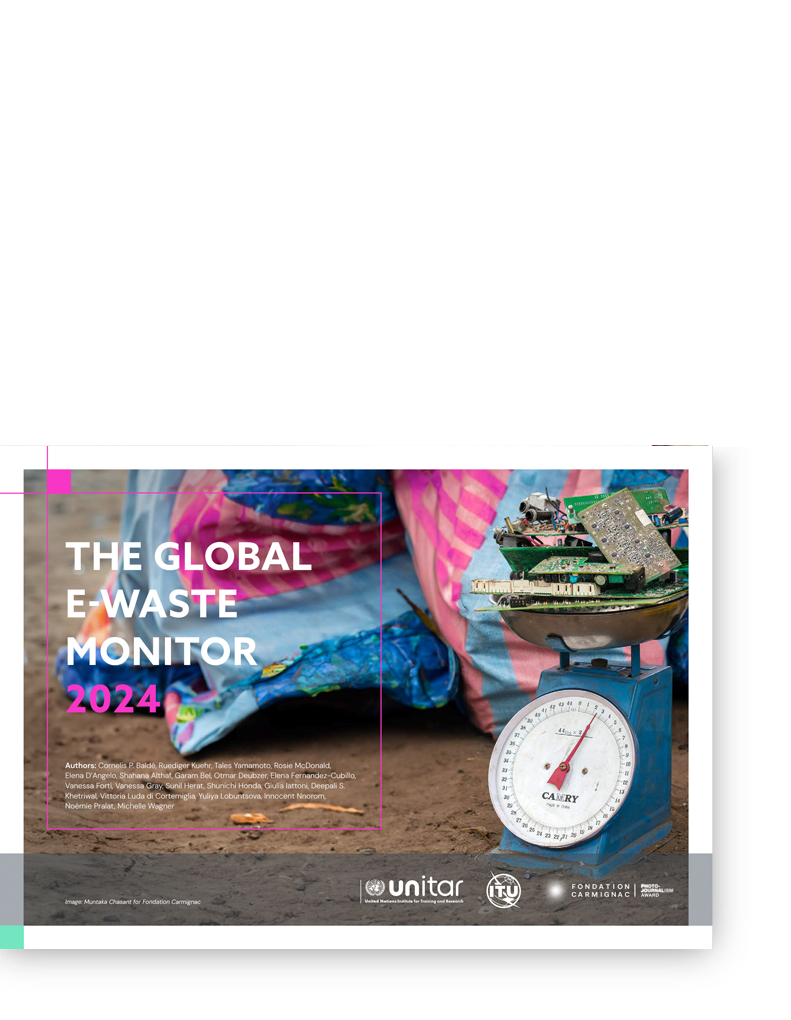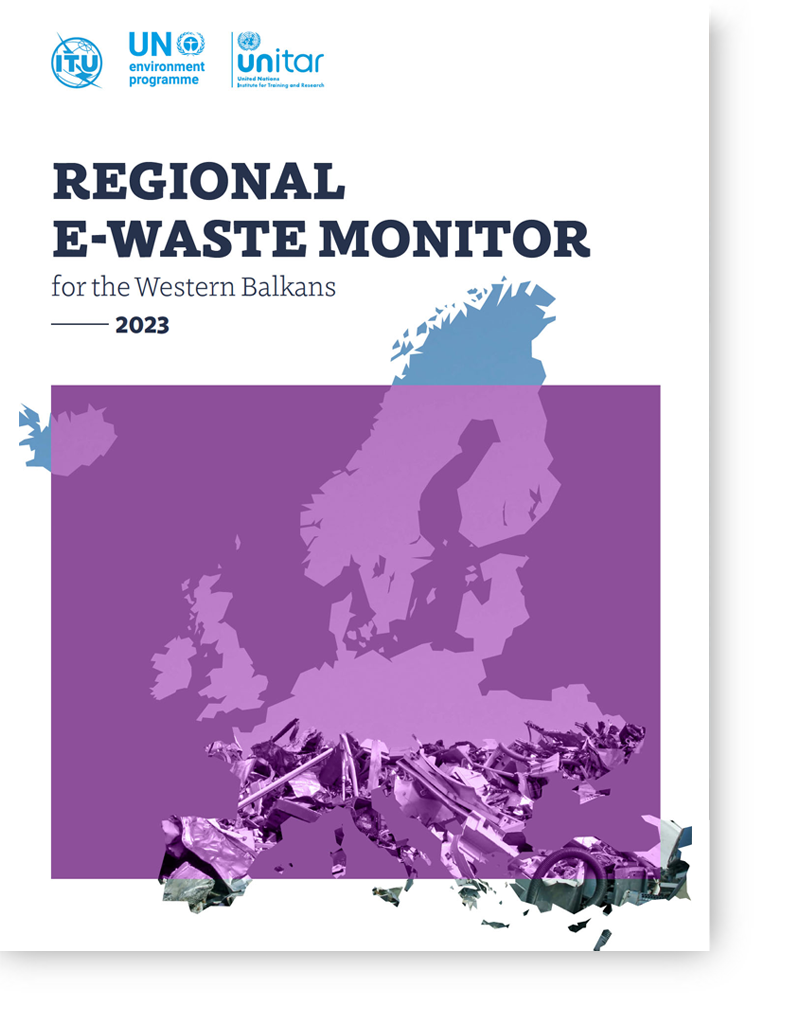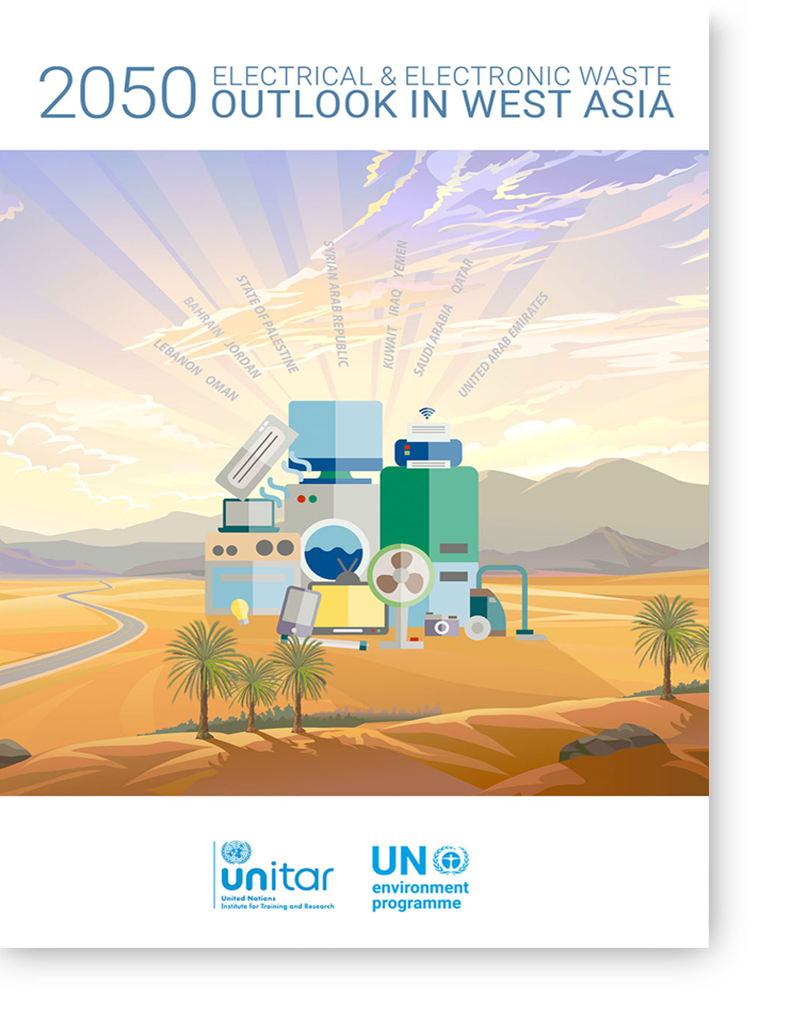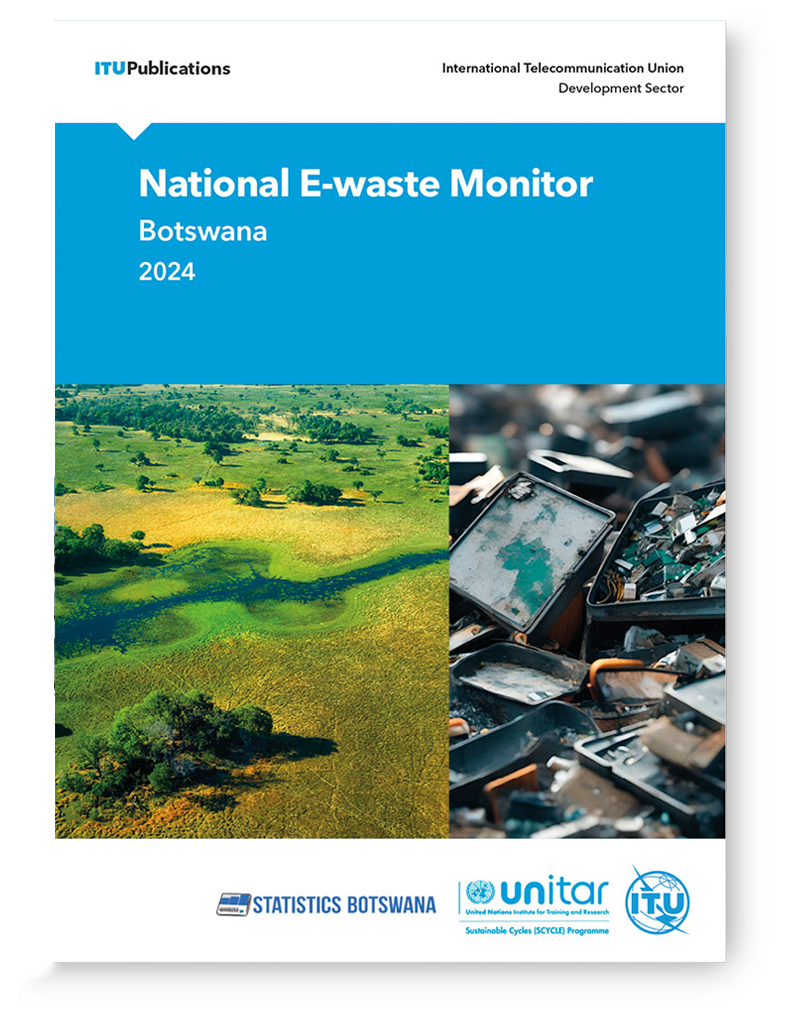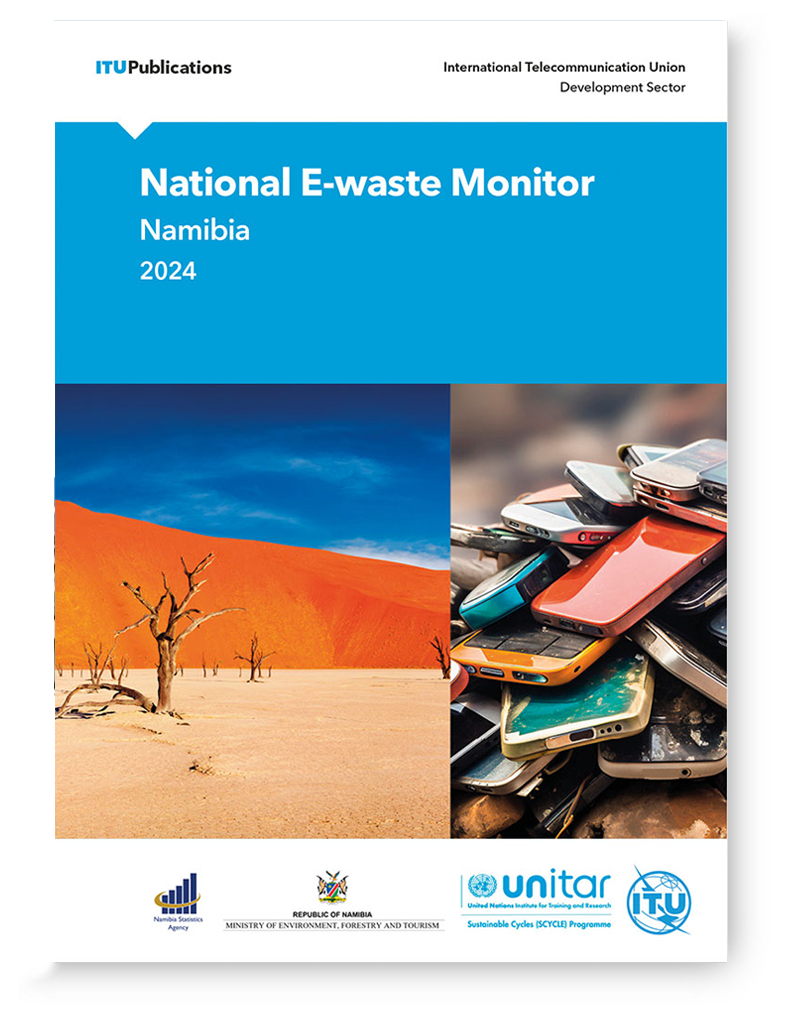Read our new E-waste Reports
Monitoring the quantities and flows of e-waste is essential for evaluating developments over time, and to set and assess targets towards a sustainable society and circular economy. The development of a recycling infrastructure, sound policies, and legal instruments are more efficiently implemented on the basis of sound e-waste data. Without a global, regional and national picture of e-waste, the true nature of e-waste challenge incl. collection and recycling rates, national and regional countermeasures, but also transboundary movements and, in some cases, illegal shipments will also be incomprehensible. Therefore SCYCLE is (co-)authoring studies, the so-called Monitors, along a widely approved and supported methodology – the E-waste Statistic Guidelines – see http://collections.unu.edu/eserv/UNU:6477/RZ_EWaste_Guidelines_LoRes.pdf
Overview new Reports
News

GREEN INDUSTRIAL POLICY:
14th July 2020 PROMOTING COMPETITIVNESS AND STRUCTURAL TRANSFORMATION A new course by the Partnership for Action on Green Economy (PAGE) What

E-waste will double by 2050.
E-waste will double by 2050. Business-as-usual is not an option to cope with it: UN Initiative. E-waste is referred to

Person in the Port (PiP) Study
About 3/4 of 60,000 tonnes of used electronic equipment shipped to Nigeria in both 2015 and 2016 originated from EU

Release of Mercury Report
14 December, Bonn – “In 2017, 6.2 million metric tonnes (Mt) of mercury-added product waste were generated worldwide, of which
